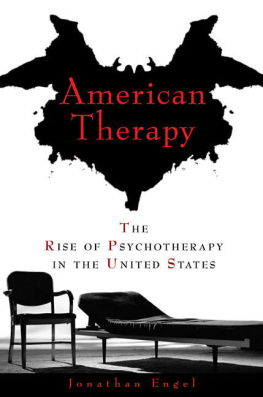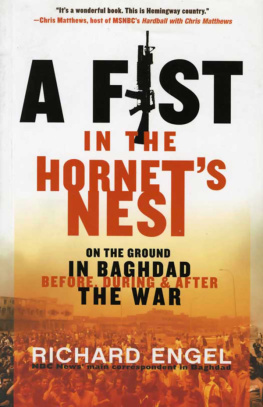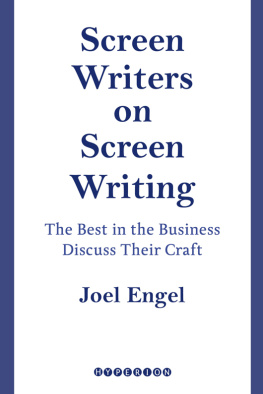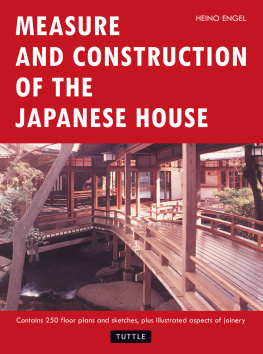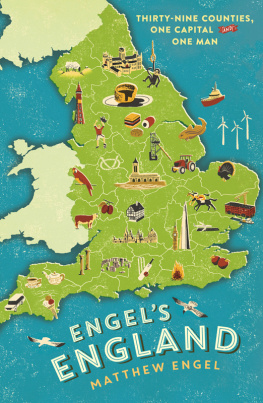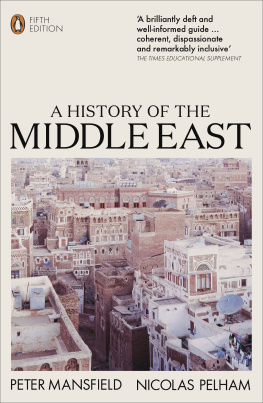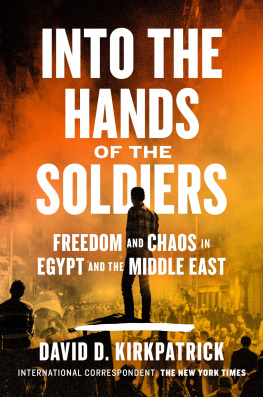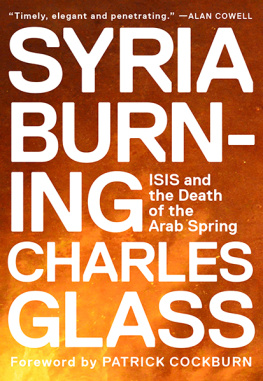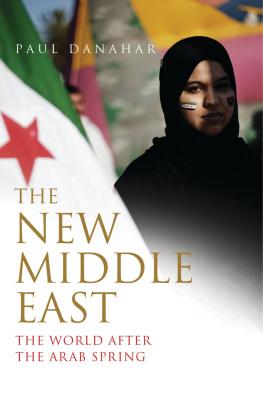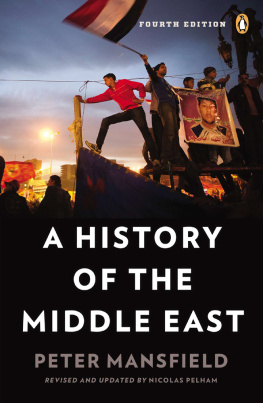ALSO BY RICHARD ENGEL
War Journal: My Five Years in Iraq
A Fist in the Hornets Nest: On the Ground in Baghdad Before, During and After the War

Simon & Schuster
1230 Avenue of the Americas
New York, NY 10020
www.SimonandSchuster.com
Copyright 2016 by Engel Productions, Inc.
All rights reserved, including the right to reproduce this book or portions thereof in any form whatsoever. For information address Simon & Schuster Subsidiary Rights Department, 1230 Avenue of the Americas, New York, NY 10020.
First Simon & Schuster hardcover edition February 2016
SIMON & SCHUSTER and colophon are registered trademarks of Simon & Schuster, Inc.
For information about special discounts for bulk purchases, please contact Simon & Schuster Special Sales at 1-866-506-1949 or .
The Simon & Schuster Speakers Bureau can bring authors to your live event. For more information or to book an event contact the Simon & Schuster Speakers Bureau at 1-866-248-3049 or visit our website at www.simonspeakers.com.
Interior design by Ruth Lee-Mui
Maps by Paul J. Pugliese
Jacket design by Jamie Keenan
Jacket image Mahmood Hams/Getty Images
Library of Congress Cataloging-in-Publication Data is available.
ISBN 978-1-4516-3511-9
ISBN 978-1-4516-3513-3 (ebook)
For Mary and Henry
CONTENTS
PROLOGUE
MOST OF THE NATIONS OF the Middle East can be divided into those with long histories and no oil, and those that have lots of oil and very little history. With a few notable exceptions, both groups share a common feature: they were cobbled together by outsiders. The borders of the modern Middle East were drawn by Europeans after the First World War with no regard for the interests or backgrounds of the people who inhabited it. The lines that separate Jordan, Syria, and Iraq were mostly drawn by England and France a century ago. Before that, for the first thousand years after the explosive birth of Islam, interactions between what has come to be known as the Muslim East and the Christian West were limited and often hostile. The Middle East was a mystery to Westerners. Pilgrims and priests occasionally visited the Holy Land, eager to walk in Jesuss footsteps, but few had much interest in the people who lived in the wider region. Early Christians generally envisioned the Muslim Prophet Mohammed as a sinister pretender, a false prophet who spread his faith by the blade of a scimitar. Some medieval Christians thought Mohammed was a spurned pope who created his own domain and credo like the Fallen Angel.
In Dante Alighieris early fourteenth-century Divine Comedy , in the Inferno , Canto XXVIII, Dante actually meets both Mohammed and Ali, the patriarch of Shia Muslims. It is a gruesome encounter. The two Muslim leaders are condemned to the eighth circle, ninth sub-circle, of Hell. For Dante, Hell was like a prison with cell blocks set aside for different types of offenders. Dante put Mohammed and Ali in the level of Hell reserved for sowers of religious divisiveness.
Since Mohammed and Ali were considered dividers of religious unitythat is to say they threatened the unity of Christianstheir punishment was to have their flesh torn apart. It was poetic justice: the dividers were to be themselves divided. Mohammed was split with a sword down his middle. Every time he healed, a demon would flay him open again. Ali has his face cleft in two. Mohammeds punishment was acted out in the 1911 silent movie lIinferno , the first full-length Italian feature film. It was far more graphic than the cartoons of Mohammed that have run in European newspapers, triggering reprisals from Islamic radicals.
Equally, the early Muslims of the Middle East wanted nothing to do with the West, discounting it as a land inhabited by Christians who were too stubborn or too stupid to accept Allahs final and complete message to mankind, as revealed to Mohammed and written down by his companions in the Koran.
The two worlds main interactions were the Crusades and the taking of hostages to sell for ransom or to enslave at the oars of merchant and pirate ships. Its no accident that most of the historic towns along the coasts of Italy and Greece were built high on hilltops and surrounded by walls. The inhabitants were terrified of being captured by Muslim pirates. Sicilians still sing folk songs about the evils of the saraceni , the Saracens, one of several names Europeans used to identify their Muslim enemies. Spains most famous author, Miguel de Cervantes, was himself enslaved by Barbary Pirates for five years until a ransom was paid. The few Westerners who did venture into the lands of the Mohammedians were pilgrims or, later, adventurers, foreign agents, and treasure hunters who usually went home to write books about the dark-eyed women cloistered in harems and the antiquities they stole or bought from locals who placed little value on pre-Islamic rocks.
Everything changed with the First World War. The Middle East was reorganized, redefined, and the seeds were planted for a century of bloodshed. The Islamic world, led at the dawn of the twentieth century by the failing Ottoman Empire, had made the fatal choice of joining the losing side. The Ottomans, under the rule of a group of reckless and cavalier reformers called the Young Turks, sided with Germany and Kaiser Wilhelm II, the vainglorious emperor who dreamed of being the conqueror of Europe and the mythical Middle East like his idol, Napoleon, but similarly ended up making a mess of both. After nine million were dead in the trenches, the Ottoman Empire was no more.
The Russian tsar, who joined World War I with visions of taking control of Constantinople and unfettered access to the Mediterranean, wasnt around to claim his share of the slaughtered goose. The Russian Empire had collapsed in wars with the Bolsheviks, leaving England and France to feast on the Ottoman carcass. They carved out mandates and anointed kingdoms.
Lebanon, a Christian enclave on the Mediterranean coast, was of special interest to France. Many French crusaders had passed through the Lebanese cities of Tyre and Sidon on their way to Jerusalem. Syria, once one of the most important of the semiautonomous Ottoman regions, went to France as well, although much reduced in size. The British took Jordan as their special projectthen called Transjordana desert kingdom that had never existed. Further south, Sunni Muslim Wahhabi fanatics aligned with Ibn Saud, a warrior chief from a desert outpost in central Arabia, and conquered what is now Saudi Arabia with their unbending religious zeal and British-supplied guns.
Egypt, the greatest of all the Middle Easts ancient empires, was a British-run show as well, largely administered from the UKs embassy on the Nile and the bar of the Shepheards Hotel. Iraq was a jigsaw puzzle, a forced combination of three Ottoman provinces, each dominated by a different ethnic or religious group: the Kurds in the north, Sunni Arabs in the center, and Shiites in the south. The British began suppressing revolts in Iraq almost as soon as they took charge of their jumbled creation.
The tiny Gulf States of Kuwait, Bahrain, Qatar, and the United Arab Emirates were considered of little consequence, convenient ports on the way to India, populated by a smattering of pearl divers and camel drivers. These little kingdoms were left to local emirs who later became among the worlds richest men when oil was discovered under their sands.


